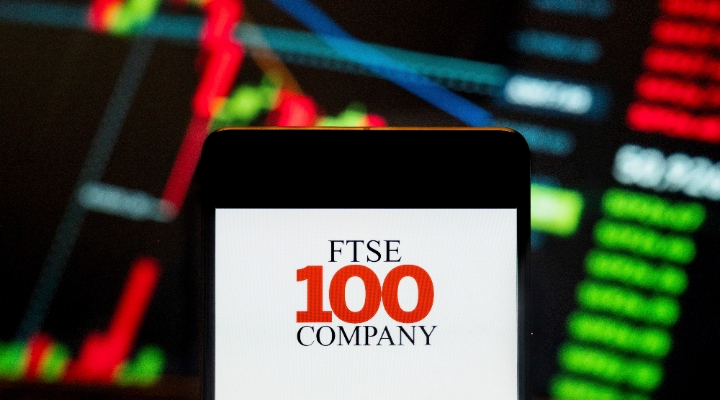
The cost of financial advice can vary by as much as 1,000%, according to a study by consumer group Which?
A survey of 108 financial advice firms across the UK reveals that charges vary from as little as £500 up to £5,000 in some cases. Which? says its vital that those seeking advice shop around and speak to a few different advisers before committing to one.
Other important considerations include whether an adviser is fully independent or restricted – the latter means they will recommend products from only certain providers – and whether fees are charged as a percentage of your assets or as a flat rate.
The Which? report looked at a number of scenarios and asked advisers to provider a quote for different hypothetical clients.
A 50-year-old looking to invest a £100,000 inheritance received an average quote of £1,980, but prices ranged from £500 to £3,000. A younger client with £60,000 in savings and £40,000 Isa, meanwhile, received quotes ranging from £300 to £2,500, with an average price of £1,060.
For an individual approaching retirement with £100,000 in savings, £150,000 in a pension and £100,000 in an investment Isa the average quote for advice from £2,540 but fees quoted ranged from £500 to a hefty £5,000.
Tom Wilson, author of the Which? report, says: “There’s a huge disparity in what different advisers charge for their work, so it’s well worth shopping around. The amount you pay will depend on the complexity of the work and the amount of money you have.”
Where advisers charge a percentage-based fee, Wilson says this could range from 0.5% to 1% of your assets as well as up to 5% for initial advice.
Morningstar’s recent video series revealed what individuals can expect from a financial advice session. Anna Sofat, financial planner at Addidi Wealth, says: “Unless you are a serious DIY investors or interested in personal finance, or have the time and inclination to develop the know-how to know what’s best for you, it’s often quicker, easier and cheaper in the long run to pay an expert to help you.”
According to research from OpenMoney, around six million people in the UK would like financial advice but think it’s too expensive. Which? says cheaper alternatives may include robo-advice or guidance websites which may provide information but not a personal recommendation.
Tom Wilson, author of the Which? report, says: “The goal [for an adviser] is to build a sensible portfolio, with charges that aren’t too high and an appropriate level of risk that balances your need for investment returns with the amount you’re willing (or able) to lose.”
Meanwhile,VoucherFor recently analysed 2,772 financial adviser quotes to determine what sort of fees individuals can expect to pay for different levels of service. Those with £50,000 wanting help with investments and financial planning should expect costs of £4,175 over five years, while those with assets of £250,000 could expect to pay £16,120 over that period.
Peter Chadborn, director at advice firm Plan Money, says: "Firms and individuals have different styles and deliver their services in a variety of ways, so cost should not be the only consideration when seeking advice. Absolutely shop around to compare fees, but of greater importance is to understand the advice journey and make sure it feels right for you.
"Ask questions about how the service is broken down and at what stage fees are due, and be wary of anyone who is seemingly reliant on the provision of a product to get paid."










.jpg)


















